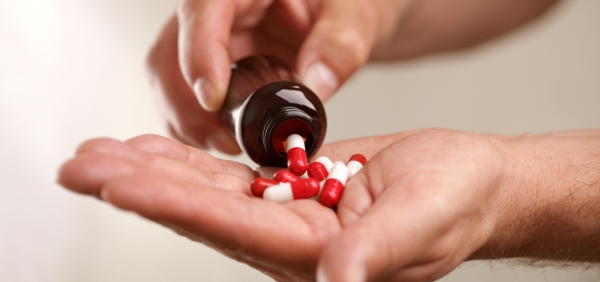A scheme that could save the government $300 million on Pharmaceutical Benefits Scheme (PBS) costs would also encourage drug companies to invest in research into innovative breakthrough drugs.
A new report from the Grattan Institute shows that the government is losing $320 million per year on PBS drugs. However, this could be reversed if a current policy, which has been in place in Australia since 1998, is implemented properly.
The therapeutic group premium policy sets PBS prices based on the best value drug available, preventing the government from wasting money on over-priced drugs. While there are many similar drugs available that can combat certain conditions, prices can vary significantly. The government price would be fixed at the cost of the least expensive option. The saving would then be passed along to the patient.
The policy repeatedly failed implementation in the past because the pharmaceutical industry turned a blind eye to the purchase of high-cost drugs while ignoring many of the cheaper ones. The government is also accountable, since it publishes a manual advising drug companies about how to set drug prices so as to avoid triggering the policy. In Australia, the policy is applied to just four groups of drugs. By contrast, Germany has 30 groups and in the Netherlands nearly every drug is accounted for.
An extra fee would be applied to drugs from companies that fail to be competitive and cut their prices. This may drive patients towards better value options, as they would be able to choose drugs without premiums. Doctors could have the extra fee waived if their patients faced risks from using the low-cost option. The competitive pricing of similar drugs would encourage drug companies to focus money on developing new, worthwhile drugs and to make them as cost-effective as possible.
To rectify the situation and fix the policy and ensure vested interests are kept out of policy making, the Grattan Institute says that Australia should establish an independent drug purchasing agency. New Zealand’s PHARMAC works to negotiate better drug prices and enforce the therapeutic group premium policy. In Australia, ensuring the therapeutic group premium policy is enforced would save millions of dollars for both government and patients.
Read the Grattan Institute report.

